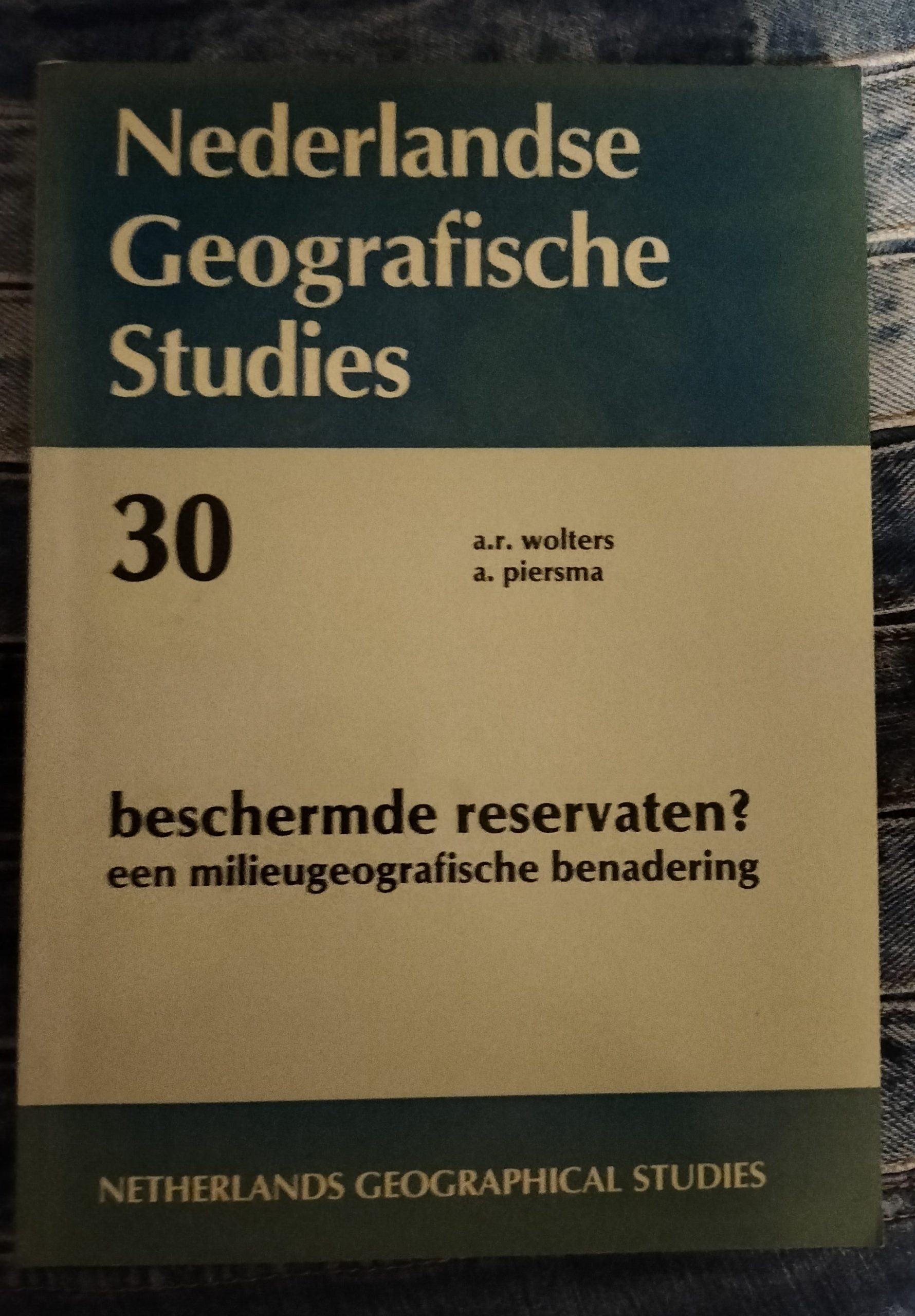I often read that nitrogen in relation to #Natura2000 in The Netherlands is a recent and artificially manufactured problem, and that the situation is not bad at all. For those people the following.
Just graduated, and based on my graduation thesis, I published, with the support and involvement of Professor A. Piersma of the University of Groningen, my first book, titled “Beschermde Reservaten?” (Protected Reserves?), in Dutch Geographical Studies.
It was 1987. The book was about the unsustainability of the model of creating nature reserves without explicit attention to the surroundings of the reserves.
The conclusion was that external influences from #nitrogen and #dewatering (drainage) in particular will lead to unacceptable degradation of most reserves.
The recommendation was simple in essence: “no separation without interweaving”. In other words, farm management in the vicinity of reserves must be geared to the vulnerability of nature areas. With customization.
The book is 35 years old, but it has hardly lost its topicality. The problems have only gotten worse, much worse.
In my first position at the Dutch Ministry of Agriculture, Nature Management and Fisheries I was responsible for designating nature areas under the Nature Conservation Act and also under international treaties, in particular the Ramsar Convention (wetlands of international importance). In my first year I wrote a policy memorandum on the external effect of the Nature Conservation Act, a very sensitive theme in those days.
Later I became responsible for the coordination of EU nature policy, and in that position I was closely involved in the negotiations on the EU Habitats Directive, which introduced Natura 2000. After alot of efforts of the European Commission and supportive EU member states, , the EU Habitats Directive was accepted under the Dutch Presidency of the European Union. Deep in the night the flag and glasses of champaign were raised in the EU Environment Council in Brussels and – in the morning – the ‘flag of victory’ was raised in the Netherlands. Now, about 30 years late, while travelling throught The Netherlands one sees the Dutch flag upside down, as a symbol of farmers protest against nitrogen measures related to Natura 2000.
In Spain, one of the toughest and most reluctant countries in the negotations about Natura 2000, Natura 2000 is now welcomed by Spanish regions, and sometimes even a Natura 2000 designation is requested. I noticed that in December 2014 when I chaired the EU congress “Natura 2000 in action!” in Barcelona, and listened to speeches by regional Spanish representatives, who spoke with great pride about the number of Natura 2000 sites on their territory.
Things can change.
Rob Wolters
November 16, 2022

